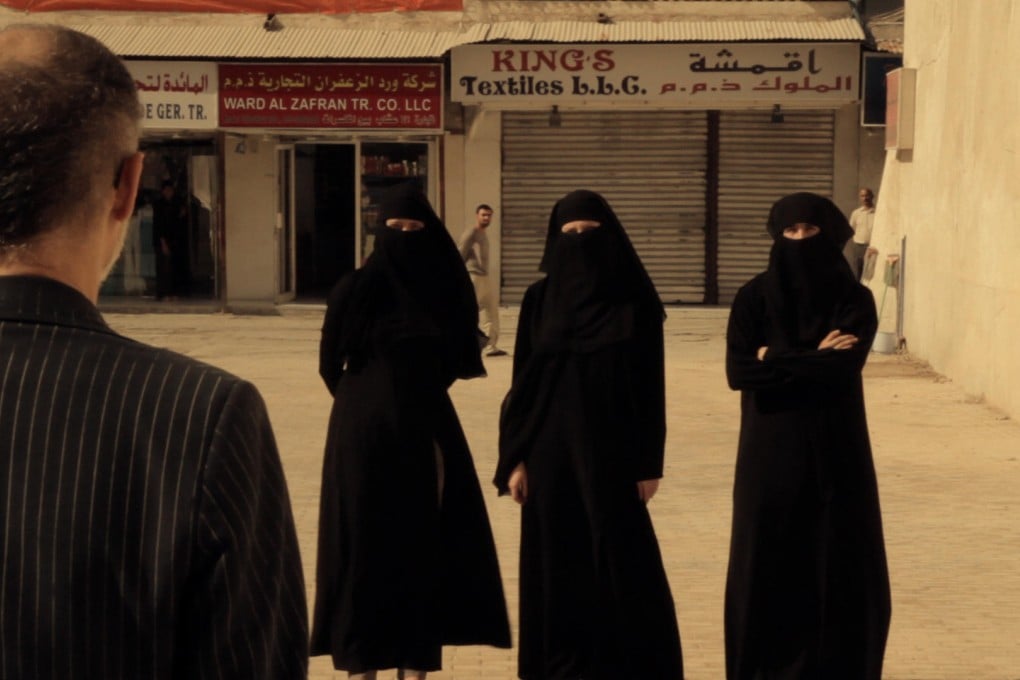
Films can bring international realities to our doorstep, informing and educating, even serving the cause of political protest.
To some, linking the filmmaker's art and politics summons images of the propaganda movies of North Korea or of China during the Cultural Revolution. But a carefully curated selection of films at this year's Melbourne Festival illustrated just how provocative and political filmmaking can be in the service of a wide range of causes.
"Art, Politics and Protest" was curated by Richard Moore, former artistic director of the Melbourne and Brisbane international film festivals. He chose eight films which he says "set out to demonstrate that politics marches on, and artists are left with no choice but to respond. In too many instances, they have had to put their lives on the line in support of social and political justice."
The Melbourne Festival's film component was introduced three years ago when Moore approached then-artistic director Brett Sheehy with the idea. Its selection of art films in that first year was heavily promoted and well attended, last year's movies a little less so, and this year's selection (shown from October 16-24) appeared lost amid the hubbub of the main festival programme.
A pity: Moore had put together a diverse and challenging selection.
The films, all documentaries, screened unclassified (audience members must be 18 years or more). The centrepiece was the award-winning Through a Lens Darkly: Black Photographers and the Emergence of a People. In it, Thomas Allen Harris uses photographs from his family albums to show how images of "blackness" have affected him and his sense of self worth, as well as his entire family.
Another notable entry was Indian-British coproduction Salma, about a 13-year-old Tamil girl who was locked up by her family for 25 years after refusing their choice of a husband. After teaching herself to read from newspapers wrapping vegetables and using a pencil stub and toilet paper, she wrote poetry. She later became one of India's most noted poets, an activist and a politician. The film by Kim Longinotto "is very emotional. It has her going back to meet members of her family, her mother, who was also like her jailer," Moore says.